These case studies are based on real individuals and health challenges, exemplifying actual applications and outcomes for health coaching. They are a valuable tool to showcase how health coaching is deeply personalized to address the unique challenges and needs of any individual and provide a better look at how the health coaching model might work.
We plan to release health coaching case studies regularly to provide tangible examples of why health coaching is an irreplaceable tool for achieving more optimal health and wellbeing and why it should be available to individuals everywhere.
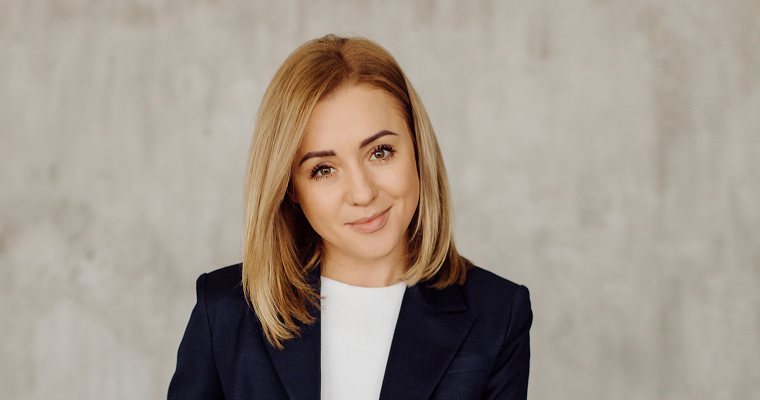
Lindsey, a 28-year-old administrative coordinator, returned to her office job just six weeks after giving birth to her first child. She was still physically and emotionally recovering but felt pressure to prove she could manage it all. She enrolled in coaching offered as a benefit through her employer because she was struggling with:
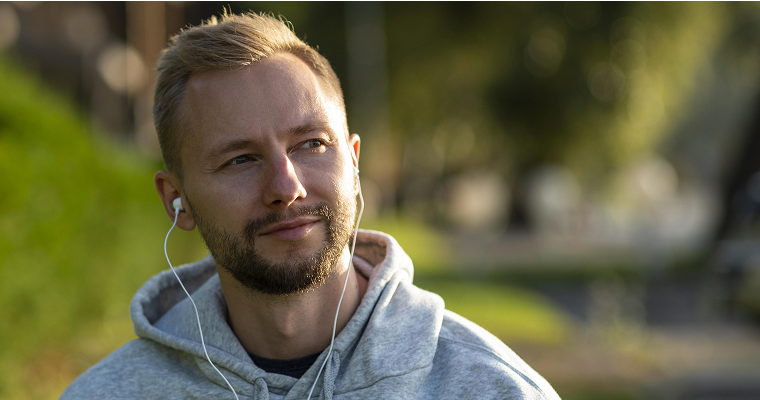
Jason is a 34-year-old graphic designer who works from home and thrives on creative projects. However, he began noticing that some of his digital habits, especially his late-night pornography use, were leaving him feeling foggy, disconnected, and out of sync with his health goals. He reached out for coaching to explore:
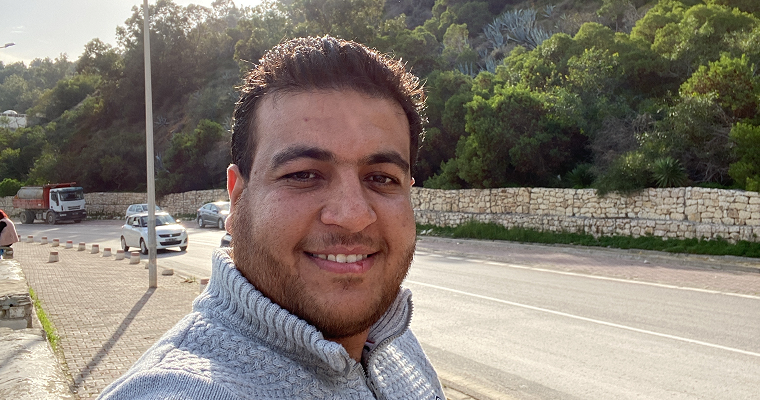
Carlos, a 38-year-old delivery driver, spends up to 10 hours a day navigating traffic, managing time-sensitive deliveries, and dealing with unpredictable customer interactions. While he takes pride in doing his job well, the non-stop pace and lack of routine began taking a toll. Over time, Carlos noticed that he was constantly tense—clenching the steering wheel, experiencing shallow breathing, and having trouble sleeping at night.
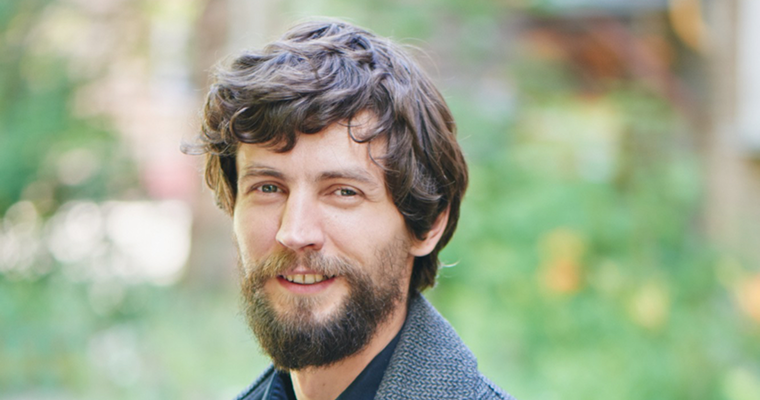
Darryl is a 38-year-old business executive who was recently diagnosed with hypertension and is struggling to balance the demands of his high-stress job with maintaining his health.
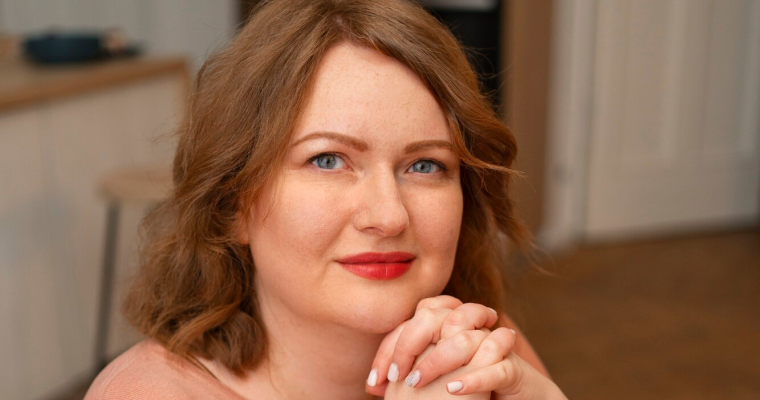
Brittany is a middle-aged woman experiencing weight management challenges and has recently began taking GLP-1 medication. She feels overwhelmed by conflicting diet and exercise information, leading to frustration and inconsistent habits. She expressed concerns about long-term weight management sustainability and potential side effects of the medication. Brittany desires to improve her overall health and well-being, but lacks confidence in her ability to achieve lasting results.
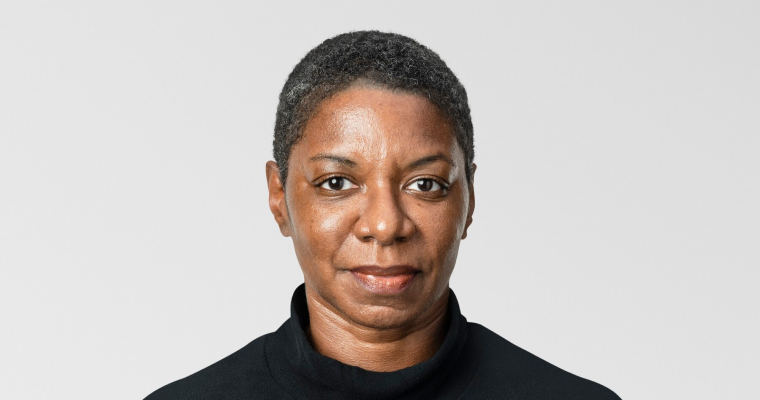
Sharnise, a recent breast cancer survivor, was feeling overwhelmed by the physical and emotional challenges of recovery. She wanted to return to her normal life but felt lost and unsure about how to navigate the process after her breast cancer diagnosis and treatment flipped her world upside down. Her primary concerns included:
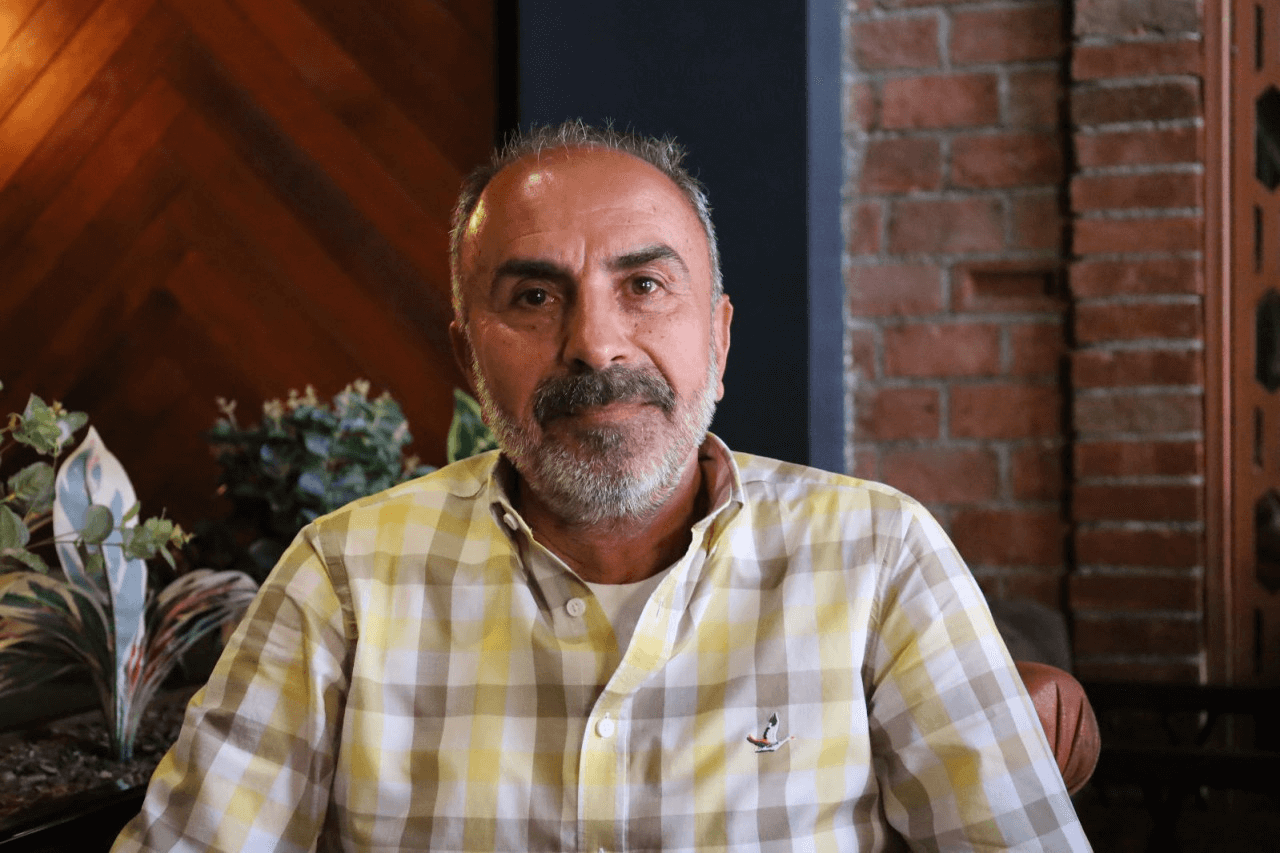
David is a long-term employee in the rapidly evolving technology industry. Recent layoffs and restructuring have triggered significant job insecurity. This uncertainty has led to increased stress, sleep disturbances, and a decline in overall well-being. David is concerned about his ability to find new employment if his current position becomes obsolete and is struggling to maintain a positive outlook.

Jennifer is preparing to begin hormone replacement therapy (HRT), a step they've anticipated for a significant period. However, their anxiety has intensified in recent months, leading to moments of self-doubt. Social interactions post-transition are a major concern for Jennifer. They anticipate navigating unfamiliar social dynamics and potential encounters with misgendering or discrimination. These anxieties further complicate an already emotionally challenging process.

Anna, a talented and creative remote worker, grapples with the challenges of isolation and struggles to stay motivated in her home office environment. Combined with ADHD, she faces difficulties with procrastination, gets easily distracted, and finds it hard to maintain focus throughout the workday. This can lead to missed deadlines and feelings of inadequacy.
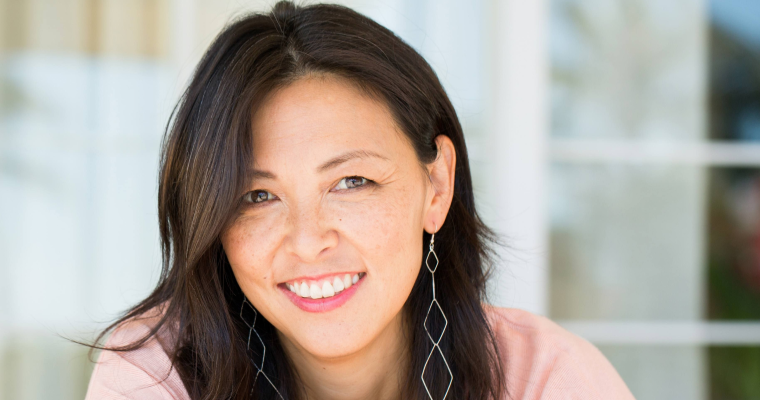
Sarah feels overwhelmed juggling the demands of her busy front desk job with caring for her elderly parent. Between greeting guests, managing calls, and keeping the office running smoothly, Sarah struggles to find the time and energy needed to ensure her parent receives proper care. This constant pressure leads to increased stress, anxiety, and difficulty focusing at work.
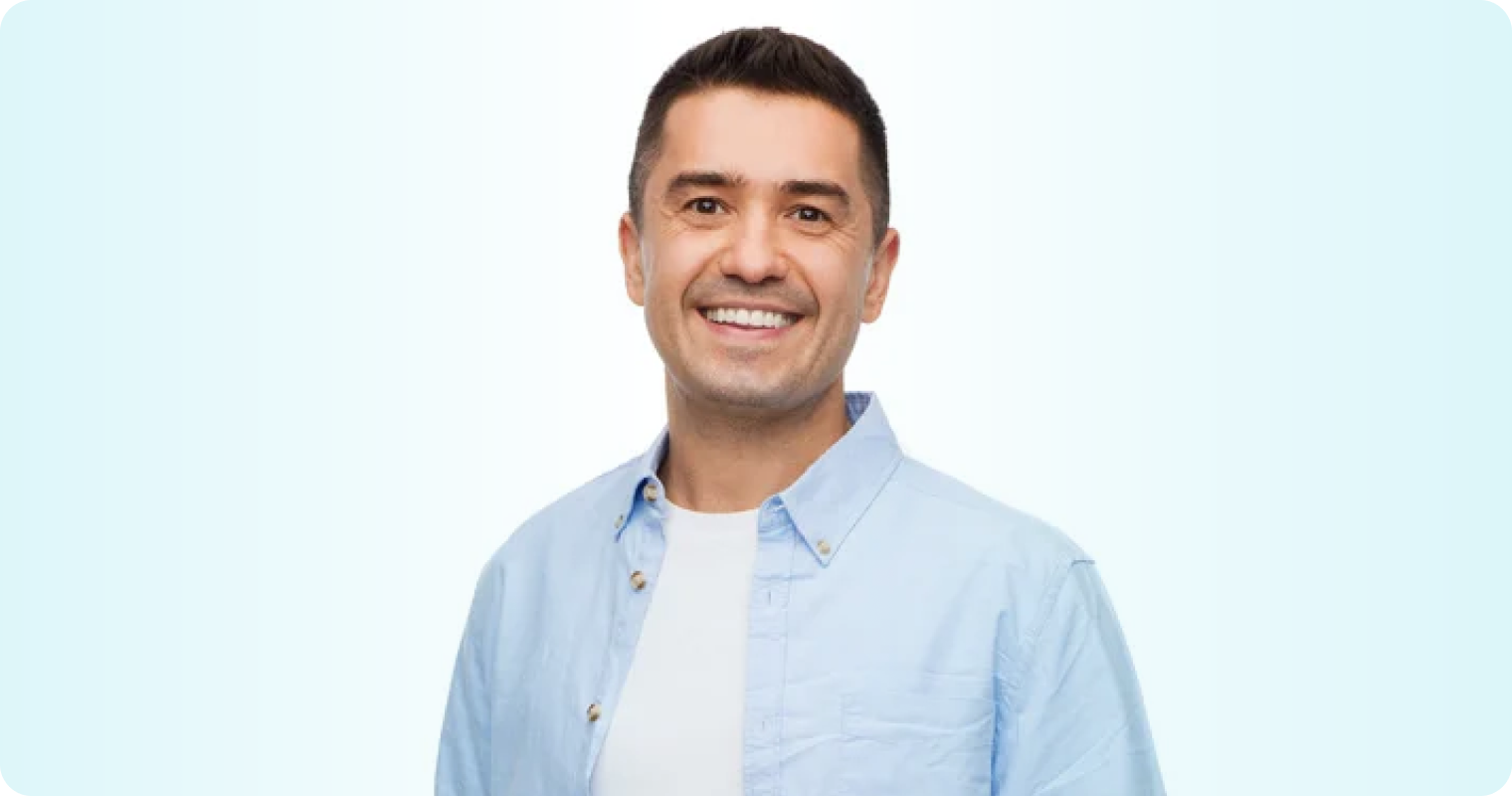
Keith, a hardworking and dedicated HVACR tehnician, faced a constant struggle to manage his diabetes while performing physically demanding tasks. Balancing his blood sugar with his work demands was challenging, leading to fatigue, decreased energy, and concerns about potential health complications. This impacted his work performance and overall well-being.

Olivia, a talented and dedicated project manager, was spiraling towards burnout. Long hours, a demanding workload, and looming deadlines were creating a source of constant pressure and taking a toll on her. She experienced chronic stress, exhaustion, and decreased job satisfaction, which translated into high absenteeism and threatened her team’s morale and productivity.